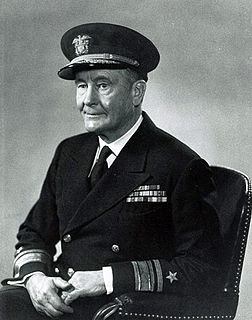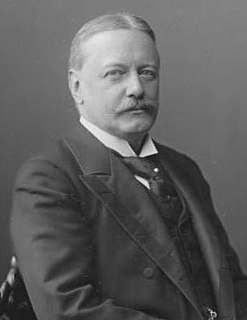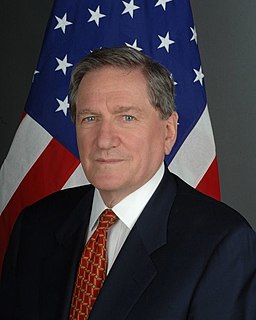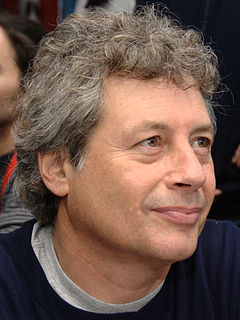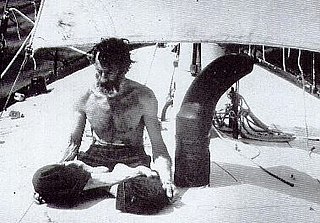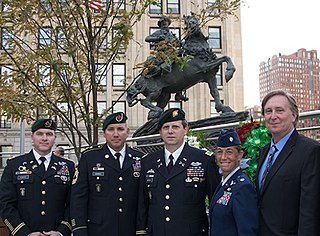A Quote by Nicholas Rodger
Whether in peaceful trade or warlike attack, the sea unites more than it divides. Even if it were possible to treat England, or the British Isles, as a single, homogenous, united nation, it would still be impossible to write its naval history without reference to the histories of the other nations, near and far, with which the sea has connected it.
Related Quotes
It is not surprising that only one medieval state, Venice, long possessed anything clearly identifiavble as a navy in this sense. We shall see that no state in the British Isles attained attained this level of sophistication before the 16th century, and no history of the Royal Navy, in any exact sense of the words, could legitimately begin much before then. This book, which does, is not an institutional history of the Royal Navy, but a history of naval warfare as an aspect of national history. All and any methods of fighting at sea, or using the sea for warlike purposes, are its concern.
'A Naval History of Britain' which begins in the 7th century has to explain what it means by Britain. My meaning is simply the British Isles as a whole, but not any particular nation or state or our own day... 'Britain' is not a perfect word for this purpose, but 'Britain and Ireland' would be both cumbersome and misleading, implying an equality of treatment which is not possible. Ireland and the Irish figure often in this book, but Irish naval history, in the sense of the history of Irish fleets, is largely a history of what might have been rather than what actually happened.
But sea power has never led to despotism. The nations that have enjoyed sea power even for a brief period-Athens, Scandinavia, the Netherlands, England, the United States-are those that have preserved freedom for themselves and have given it to others. Of the despotism to which unrestrained military power leads we have plenty of examples from Alexander to Mao.
Say the sea. Say the sea. Say the sea. So that perhaps a drop of that magic may wander through time, and something might find it, and save it before it disappears forever. Say the sea. Because it's what we have left. Because faced by the sea, we without crosses, without magic, we must still have a weapon, something, so as not to die in silence, that's all.
I am a citizen of the most beautiful nation on earth, a nation whose laws are harsh yet simple, a nation that never cheats, which is immense and without borders, where life is lived in the present. In this limitless nation, this nation of wind, light, and peace, there is no other ruler besides the sea.
The United Nations exists not merely to preserve the peace but also to make change - even radical change - possible without violent upheaval. The United Nations has no vested interest in the status quo. It seeks a more secure world, a better world, a world of progress for all peoples. In the dynamic world society which is the objective of the United Nations, all peoples must have equality and equal rights.
The effort to improve the conditions of man, however, is not a task for the few. It is the task of all nations-acting alone, acting in groups, acting in the United Nations, for plague and pestilence, plunder and pollution, the hazards of nature and the hunger of children are the foes of every nation. The earth, the sea and the air are the concern of every nation. And science, technology and education can be the ally of every nation.

